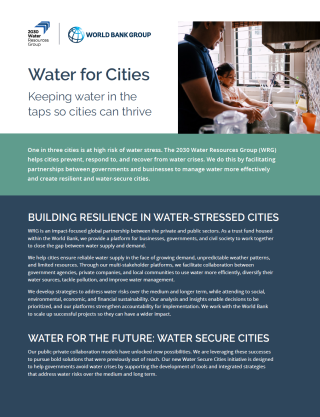
Water for Cities
We help cities to prevent, respond to, and recover from water crises. We do this by facilitating partnerships between government and businesses to manage water more effectively and create more resilient and water-secure cities.
Building Resilience In Water-Stressed Cities
Creating future-proof water systems
We help cities ensure reliable water supply in the face of growing demand, unpredictable weather patterns, and limited resources. Through our multi-stakeholder platforms, we facilitate collaboration between government agencies, private companies, and local communities to use water more efficiently, diversify their water sources, tackle pollution, and improve water management.
1 IN 3 CITIES
are at high risk related to water stress.
Many cities across the globe have experienced, or are experiencing, serious water crises. These include Cape Town, São Paulo, Chennai and Mexico City.
260 CITIES
with a population of over 1 million people,
and 20 megacities with a population of over 10 million, will be at risk of experiencing water crises because of water scarcity by 2050.
These crises threaten the health and livelihoods of citizens and create costs for businesses by disrupting operations, corporate supply chains, and markets.
Current Engagements
We develop strategies to address water risks over the medium and longer term, while attending to social, environmental, economic, and financial sustainability. Our analysis and insights enable decisions to be prioritized, and our platforms strengthen accountability for implementation. We work with the World Bank to scale up successful projects so they can have a wider impact.
Explore Our Ongoing Work In Urban Water Management:
South Africa
Strengthening Water Security in the Gauteng City Region
WRG established the Platform for a Water Secure Gauteng to address water insecurity in the Gauteng city region at the request of the Director General of the National Department of Water and Sanitation of South Africa. This region, which accounts for about one-third of South Africa’s gross domestic product and is home to a quarter of its population, faces a gap between actual water use and reliable supply of about 400 million liters per day.
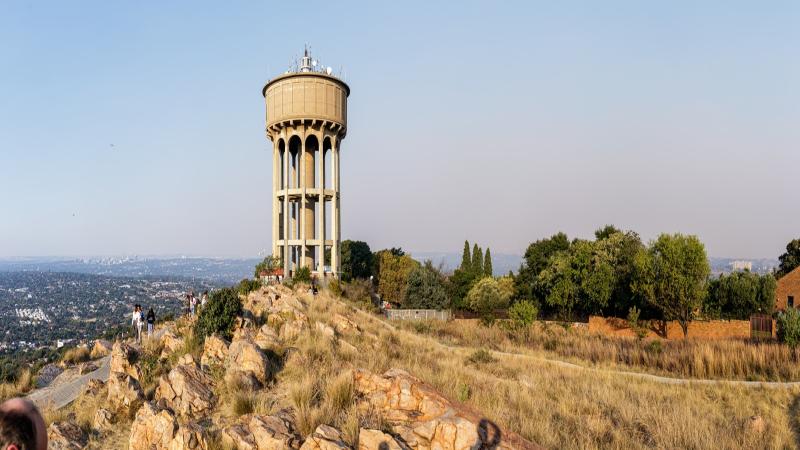
The platform brings together public institutions, including government bodies, the regional bulk water provider, and local governments, alongside the private sector and civil society. It is focused on reducing water use by 10% (down to 3.6 billion liters per day from 4 billion) in the short-term alongside initiatives to ensure the better distribution and management of water across the region to reduce the current phenomenon of ‘water shedding’ – periodic periods of no water supply in local neighborhoods. At the same time, the partnership is exploring innovative financing mechanisms to both reduce demand and increase supply.
While the short-term investments needed to reduce demand are relatively modest, the medium-term investments required to expand and upgrade wastewater treatment facilities and invest in water reuse are substantial. Addressing underlying institutional weaknesses and the financial capacity of water service providers is essential to securing the necessary financing for these initiatives.
Through these efforts, we are supporting government and businesses in Gauteng to put in place systems that will ensure that the region’s water supply is resilient, sustainable, and capable of supporting continued economic growth and the needs of a growing population.
Colombia
Shaping a Water Security Strategy for Bogotá
WRG is supporting the city of Bogotá in developing a Water Security Strategy after the city sought assistance following a severe water crisis that threatened its supply. Bogotá’s water system, which serves 11 million people and is vital to the national economy, faces a significant gap between water demand and supply, posing a risk to the city’s ability to provide water to its residents long-term.
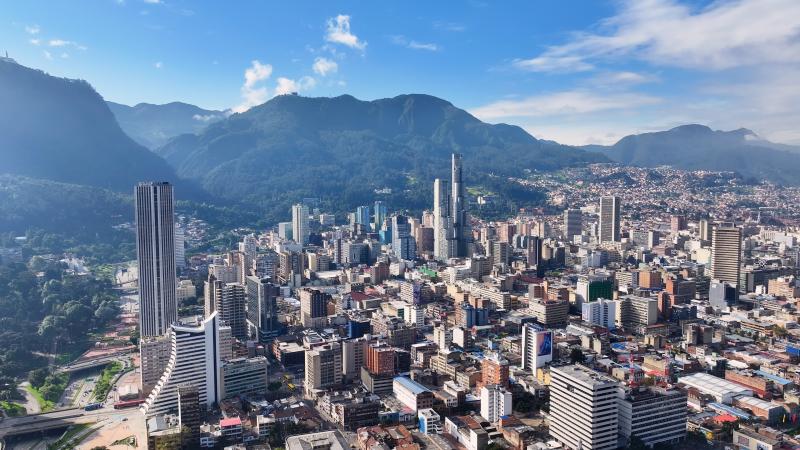
We are working with the city and its water utility, Empresa de Acueducto y Alcantarillado de Bogotá, to craft a comprehensive strategy addressing short, medium, and long-term actions to improve resilience of the water supply system. A key component of this effort is the establishment of the Bogotá Water Security Platform, a multi-stakeholder forum that will bring together public institutions, private sector representatives, and civil society to collaboratively address the city’s water challenges.
To ensure the long-term sustainability of Bogotá’s water system, substantial funding will be required to increase the capacity of the supply systems, upgrade wastewater treatment facilities and implement water reuse strategies. The platform will explore financing options and address the policy, institutional, regulatory, and financial requirements to access this financing.
South Africa
Hydro-Economic Strategies for Long-Term Water Security in Cape Town
In 2018, Cape Town faced the most severe drought in its history, nearing "Day Zero," when the city's taps were expected to run dry. Water restrictions disrupted daily life and hurt the regional economy. As part of a broad response, the City of Cape Town asked WRG to conduct a hydro-economic analysis of the Cape Town area. The analysis, published in 2023 and part of a multi-stakeholder dialogue involving national, provincial, and municipal governments, private sector representatives, and community leaders, had two key objectives:
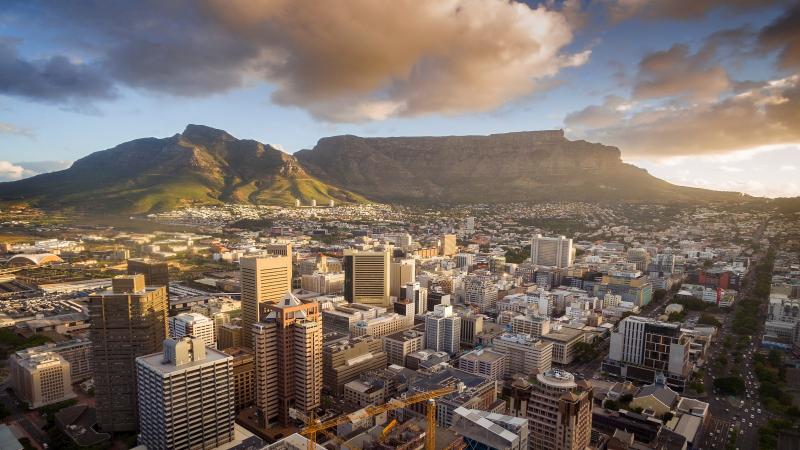
- To understand how the Western Cape Water Supply System supports the economy and improve decision-making on water resource management within the context of this system.
- To strengthen public-private cooperation and build partnerships.
The process co-created narratives to evaluate the costs, benefits, and trade-offs of various water augmentation options. This collaborative approach helped government bodies, industries, and communities develop a shared understanding of the economic impact of different solutions.
Key insights from the analysis included the need for water augmentation to support economic growth and employment, and the importance of pro-poor initiatives, as wealthier households would benefit more from augmentation. It also highlighted the cost-effectiveness of measures such as the clearing of alien invasive species to improve water yields in the catchment over more expensive supply side interventions.
The multi-stakeholder dialogues highlighted that water augmentation alone is insufficient—confidence in the water system's reliability and trust in decision-making are essential for encouraging investment and driving long-term development. Our efforts helped support buy-in from a broad range of stakeholders for critical projects like desalination, water reuse, aquifer development, and clearing invasive vegetation, while also introducing innovative financing models to address fiscal constraints.
While Cape Town narrowly avoided "Day Zero," water stress remains a national issue in South Africa, affecting other cities like Nelson Mandela Bay. The insights and solutions developed through our analysis offer a framework for addressing future water crises across the country and beyond.
South Africa
Financing Nature-Based Solutions for Water Security
WRG is helping South African water authorities improve natural landscapes, specifically in key river catchment areas, by removing invasive alien plants to improve water availability over the long term.
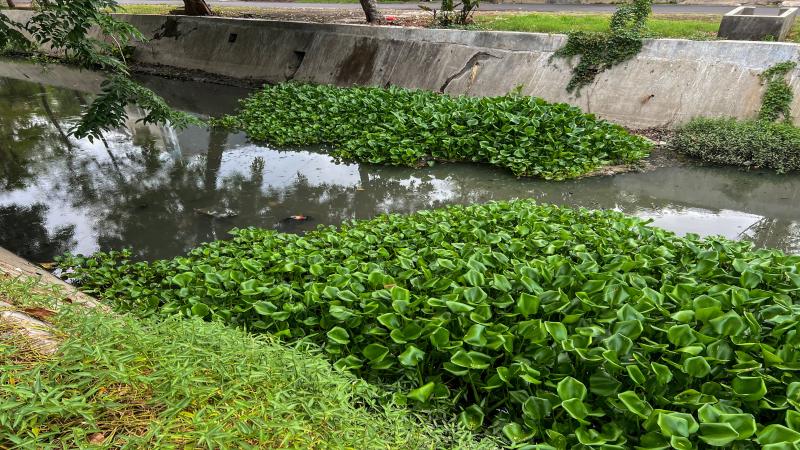
A hydro-economic analysis we conducted, completed in 2023, highlighted the significant impact of these invasive species, which consume an estimated 55 billion liters of water annually—equivalent to around two months of Cape Town’s water consumption. Clearing them can increase the overall water supply.
An investment of R372 million (approximately USD 22.5 million) in catchment restoration is projected to recover the lost water within six years. The City of Cape Town has sought WRG's technical support in securing long-term financing for the restoration efforts. This includes exploring the feasibility of developing an impact bond to fund the project, advancing discussions on a ring-fenced water resources management charge, and convening key stakeholders to support third-party implementation of these financing instruments. This work is being carried out in close collaboration with the World Bank team in South Africa.
Kenya
Supporting National Efforts to Reduce Non-Revenue Water
Kenyan water utilities lose about 43% of distributed water through leaks, metering errors, and theft—known collectively as non-revenue water (NRW). To address this, the Water Sector Trust Fund (WSTF), with support from WRG and financing from the World Bank’s Water and Sanitation Development Project (WSDP), is piloting performance-based contracts (PBCs) to curb NRW.
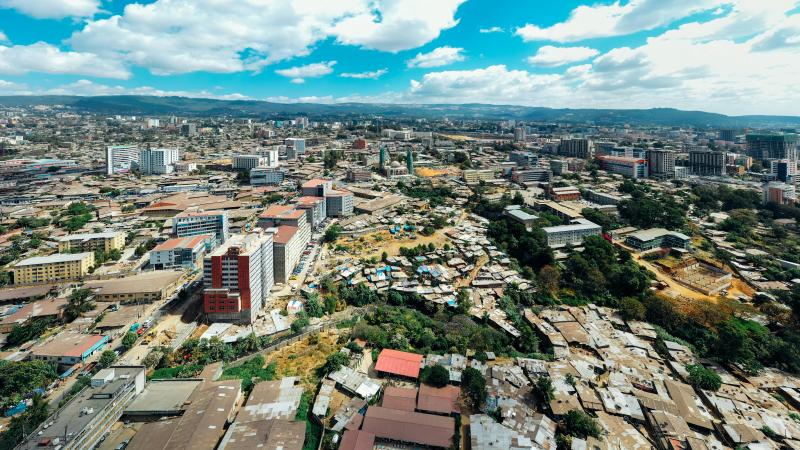
NRW-PBCs reward contractors for meeting defined targets, providing strong incentives to reduce water losses and improve efficiency. Unlike traditional, utility-led interventions, these contracts introduce specialized expertise and robust project management, increasing the likelihood of meaningful, sustained reductions in NRW. Cutting water losses helps delay costly infrastructure investments, improve service quality, enhance customer satisfaction, reduce energy consumption, strengthen climate resilience, and improve utilities’ financial health—vital for bridging funding gaps in Kenya’s water sector.
WRG is providing technical advisory support to WSTF and selected pilot utilities—Nyeri, Nanyuki, Naivasha, Kakamega, Eldoret, and Nakuru—chosen to represent a range of challenges and conditions. Initial assessments have already been completed to define project scopes and determine how risks are best allocated.
To ensure market interest, WRG supported Naivasha Water and Sanitation Company Ltd (NAIVAWASCO) in hosting a market-sounding roundtable, yielding positive feedback. Consequently, NAIVAWASCO opened a pre-qualification process for private contractors. Nanyuki Water and Sanitation Company Ltd (NAWASCO) will follow a similar path, providing additional insights that will inform a national NRW-PBC strategy and guide wider implementation beyond these pilots.
This multi-party collaboration—uniting WSTF, utilities, WRG, and the WSDP—demonstrates the impact of public-private partnerships on achieving sustainable water management at scale. By keeping more water in the system, Kenya can foster thriving cities, stronger economies, and more resilient communities.
Water For The Future: The Next Generation Of WRG Innovation
Our public-private collaboration models have unlocked new possibilities. We're leveraging these successes to pursue bold solutions that were previously out of reach.
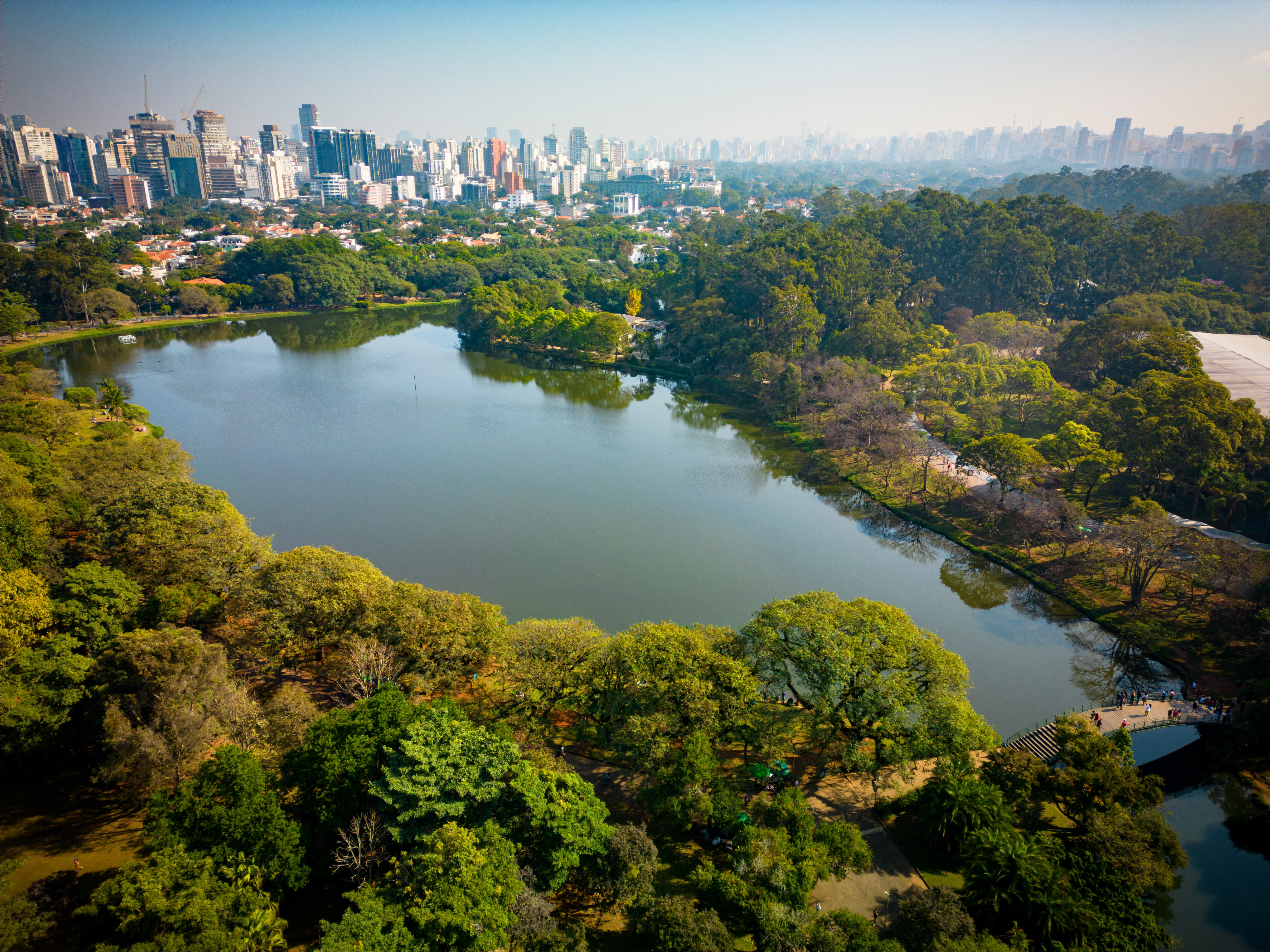
Water Secure Cities
We’re equipping cities with the tools and strategies to prevent “Day Zero” crises by creating climate-resilient urban water systems.
As water scarcity and climate-related crises intensify, cities around the world are becoming more vulnerable. Cape Town’s near "Day Zero" event revealed critical weaknesses in urban water supply systems, highlighting the need for forward planning, resilient infrastructure, and proactive management. WRG’s Water Secure Cities initiative is designed to help governments respond to, recover from, and prevent water crises by supporting the development of integrated strategies that address water risks over the medium and long term.
Drawing on lessons from Cape Town and other cities, the initiative focuses on addressing common vulnerabilities, such as over-reliance on regional water systems, delayed infrastructure investments, inefficiencies in use of existing water resources, weak collaboration among stakeholders, and unclear public communication.
At the heart of this initiative are dedicated platforms that bring together government agencies, water service providers, private sector leaders, local businesses, and civil society organizations. These platforms foster collaboration and improve decision-making processes by promoting proactive strategies and early action to mitigate the risks of future water crises.
We are also developing a comprehensive, global Water Secure Cities Playbook. This resource will draw from real-world experiences in cities like Cape Town, Bogotá, and Gauteng to offer practical guidance on how cities can effectively navigate water crises and, more importantly, prevent them. The playbook will provide tools and strategies that address both immediate crisis interventions and long-term water security planning. Designed to be an accessible guide, it will help city leaders and their stakeholders adopt sustainable approaches to managing water resources, making informed decisions, and building resilience against climate-induced water stress. By equipping cities with practical methodologies, we aim to ensure that future urban growth remains sustainable and water secure.
Past Innovations, Lasting Impact
A Legacy of Firsts in Urban Water Management
For the past decade, we have worked alongside city governments, water utilities, and technology partners to develop first-of-their-kind solutions that help cities secure reliable water supplies. These projects have been tested and proven effective, providing a foundation for other cities and regions to adopt and scale similar approaches.
Explore the urban water management initiatives we've helped launch
India
Improving Water-Use Efficiency: A National Framework for Water Accounting
WRG helped design and assisted in ratifying a National Blueprint for Water Accounting in India. The blueprint is a comprehensive plan aimed at improving water use efficiency and water quality management, and ensuring sustainable funding and financing for water projects within the sector.
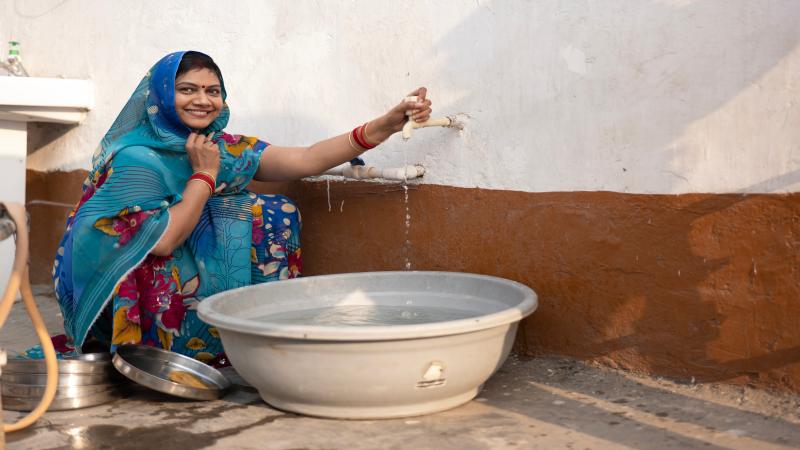
As part of its implementation, we supported the launch of a training module designed for central government officials, including those from the Central Water Commission, Central Ground Water Board, and National Institute of Hydrology. This training focused on using remote sensing technology to develop accurate water accounts.
We collaborated with the National Mission for Clean Ganga, the India-EU Water Partnership (IEWP), and GIZ to develop dashboards and indicators specifically for Ganga municipal and industrial wastewater. These tools have been instrumental in identifying pollution hotspots and tracking the effectiveness of wastewater treatment efforts, thereby enhancing the management of one of India’s most critical basins.
The implementation of the National Blueprint for Water Accounting - based on the Water Accounting Plus methodology developed by IHE-Delft and funded by the World Bank’s National Hydrology Project - has improved transparency and accountability within India’s water management framework. By standardizing water accounting practices and utilizing real-time data through the developed dashboards, government agencies are now better equipped to make informed decisions regarding water allocation, quality improvement, and investment prioritization. This initiative has also strengthened collaboration between public institutions and private companies, fostering collective efforts to address critical water issues in key regions of the country.
South Africa
Reducing Municipal Water Losses with the No Drop Program
WRG helped launch South Africa’s No Drop program to tackle the significant challenge of non-revenue water - water that is produced and supplied by a utility but is not billed to customers - in municipalities across the country. At the time, approximately 41% of municipal water was lost without generating revenue, costing municipalities around ZAR9.9 billion (about USD $710 million) annually.
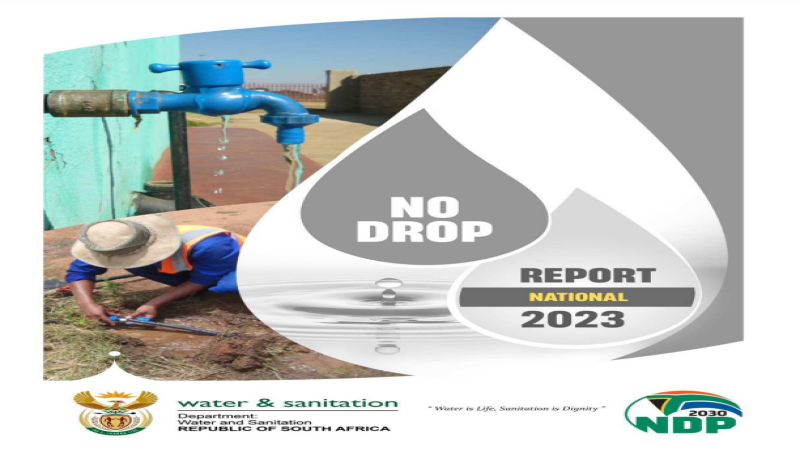
The No Drop program was initiated in 2014 by the Department of Water and Sanitation in partnership with the Strategic Water Partners Network (SWPN)—a platform co-founded by WRG in 2011. It introduced a scorecard system to assess and rank municipalities. The criteria included water losses, revenue collection, and water use efficiency. This system provided a reliable national baseline of data, enabling meaningful comparisons between municipalities and encouraging competition for improved performance. The program also spurred private sector participation by offering transparent, standardized data that businesses could use to invest in water conservation and demand management projects.
By 2015, the No Drop program had been fully implemented in South Africa’s eight metropolitan municipalities and expanded to all major municipalities by 2016. The program has become a critical tool for water conservation, as municipalities recognize its value not only as a regulatory mechanism but also as a means of capacity building and resource management.
